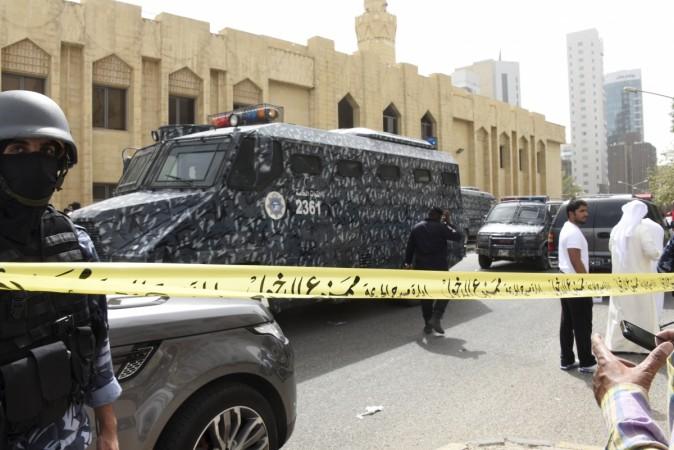
Another Ramadan Friday is here, and as hundreds of Muslims visit mosques to offer prayers during the holy month, Shias will be on extreme caution following recent Isis bombings at Shiite mosques across the Gulf during Friday prayers.
Last Friday, an Isis suicide bomber killed 27 people at a Shia mosque in Kuwait, raising fears of further strikes as the terror group has threatened to launch deadly attacks during the month of Ramadan.
The Islamic State had also claimed bombings at Shia mosques in Saudi Arabia and Yemen last month that left many dead.
In a show of solidarity to ease fears of terror attacks at mosques, Sunnis and Shias are set to pray together in several main mosques in Bahrain and Kuwait, according to Reuters.
In fact, Bahrain's foreign minister had himself called for common mosques for Shias and Sunnis to avert terror attacks following the Kuwait bombing.
Bahrain has increased security at all mosques following threats of Isis attacks, particularly after flyers featuring Isis flags were found near a Shia mosque this week.
Bahraini cleric and Isis fighter Shaikh Turki Albinali had warned that Bahrain will be the next target for the Islamic State, according to several local media reports.
Shias across the Gulf are anxious following the Isis attacks at Friday prayers.
Even in the more peaceful Oman, fear has spread among Shia Muslims.
"They (ISIS) have managed to spread fear. Mothers are now afraid of sending their boys to pray at mosques," Amal, a 34-year-old teacher in Oman told Reuters.
A Shite resident in Kuwait told the news agency that he will not go to the mosque to pray on Friday as he was concerned of a terror strike.
Across the Gulf states, security has been heightened at most major mosques ahead of Friday prayers, and even locals have volunteered to ensure security by frisking worshippers and managing crowds.














